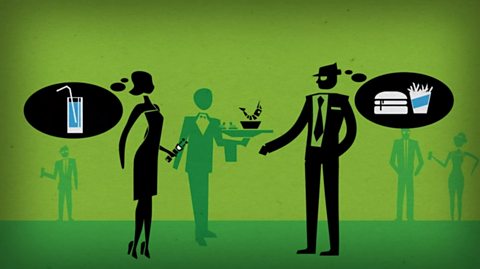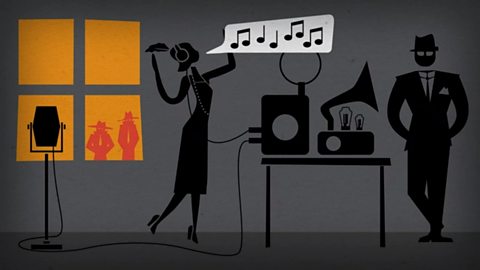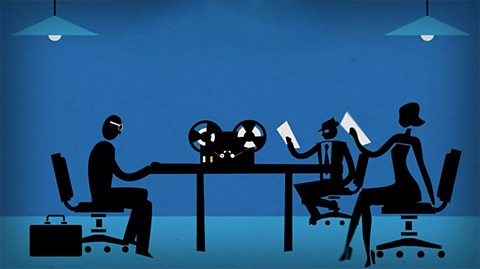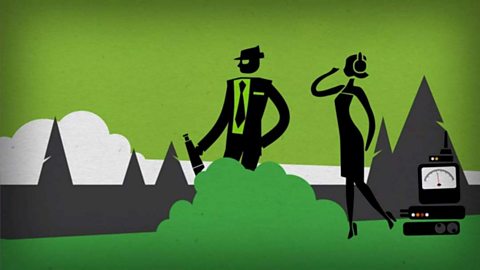Verbs and tenses
The present tense and depuis
The present tense describes what's happening now. Depuis is used with the present tense to say how long something has been happening. Learn how to form sentences using the present tense.

Key verbs - auxiliaries, avoir and être, and modal verbs
Find out how to use key verbs for different tenses. Common verb forms used in French are auxiliary verbs, expressions with avoir and être and modal verbs.

The perfect tense with avoir and être
The perfect tense is used to talk about something that happened in the past, such as an action that is completely finished. Discover how to form sentences using this tense.

The imperfect tense
The imperfect tense is used to talk about and also describe things that used to happen regularly in the past. Learn how to form sentences using this tense.

The pluperfect tense
The pluperfect is used to talk about actions far back in the past such as events that have happened. Learn how to form sentences using this tense.

The future and immediate future tenses
The future and the immediate future tense are both used to talk about what will happen in the future. Find out how these are formed using regular and irregular verbs.

The conditional tense
Can you talk about your future plans in French? The conditional tense is used to talk about what would happen in the future.

How to ask questions
When asking a question in French, it is possible to do it in several ways. Using est-ce que at the start of a phrase or changing the order of the subject and verb are options.

The negative form
Do you you know how to use the negative form? In French ne ... pas means 'not' and it is used around the main verb of sentence to turn it from a positive into a negative.

Reflexive verbs
Did you know that reflexive verbs are 'action' verbs? Reflexive verbs in French are verbs which mean an action done to yourself. Many are regular -er verbs with an extra pronoun.

The imperative
The imperative is used to convey a command, suggestion, request or instruction. Learn about the differences between these different variations on the verb form.

Impersonal verbs and expressions - il faut, il y a
Impersonal verbs are in the third person and start with ÔÇÿilÔÇÖ as they are general statements not related to a particular person. Discover how to use il faut and il y a.

Infinitives and perfect infinitives
An infinitive is a verb that has not been changed and is in its original form, eg ending in ÔÇôer, -ir, -re meaning ÔÇÿto...ÔÇÖ. Find out how to use the infinitive and perfect infinitive.

The present participle - en
The present participle is like '-ing' in English. Find out how to form the present participle using regular and irregular verbs.
